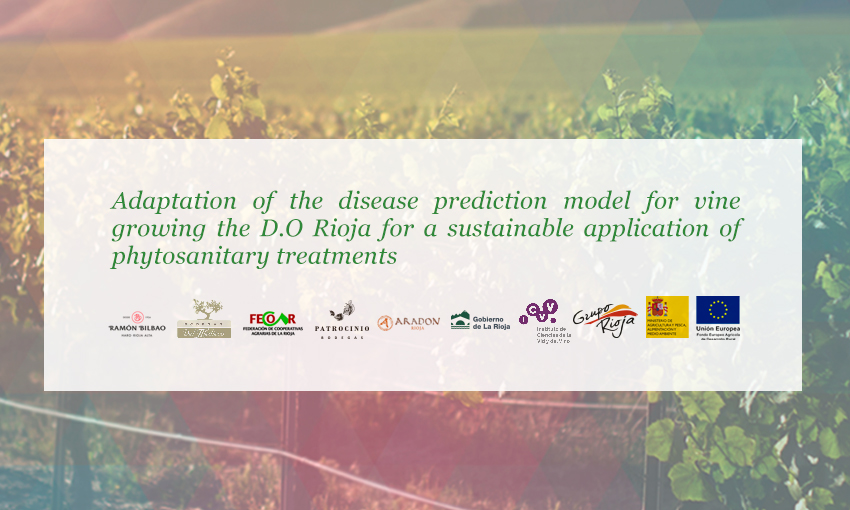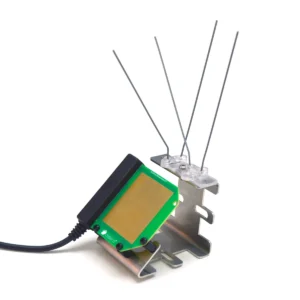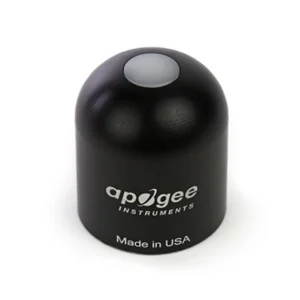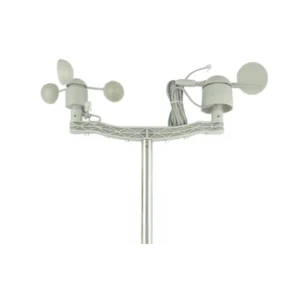Grupo Rioja is now coordinating an operative group willing to develop the R&D Project “Adaptation of the disease prediction model for vine growing the D.O Rioja for a sustainable application of phytosanitary treatments”.For the first time, funds given by the Agriculture Council of the Government of La Rioja, the Ministry of Agriculture and FEADER are financing the study and planning of feasible projects, in this case, with 30.000 € in funds.
Also for the first time, the associated wineries Ramón Bilbao and Bodegas del Medievo will collaborate with the Cooperatives Association FECOAR and the cooperatives Bodegas Aradón and Bodegas Patrocinio. All of them will work together with the Vine and Wine Sciences Institute, the company Encore Lab and the agroclimatic information service of La Rioja.
This operative group will work together for 6 months in order to get the approval of a project to allow winegrowers to perform a more sustainable and profitable agriculture, as they reduce the application of phytosanitary products.
In this first training stage of the group some actions to be performed, among others, will be a bibliographic review of the oidium models to select those more adapted to local conditions. After that, a validation of those models will be performed in order to check their functioning.
The goal of this project is to use that information for diminishing the amount of phytosanitary product treatments regarding the fixed calendar used frequently for crop protection. Specifically, the proposal aims to describe the weather characterization of the “La Rioja Alta” region, which has an Atlantic influence, and “La Rioja Baja”, whose influence is Mediterranean. In order to do so, there will be a study of the agroclimatic factors and the crop health state, to make possible the validation of a predictive oidium risk model.
For the development of the project, several precision agriculture techniques as geographic information systems (SIG), the CESENS technology and a new monitoring system with field sensors integrated in own agroclimatic stations. The project will be aligned with the guidelines proposed by the European Parliament and Council that establish framework for Community action to achieve a sustainable use of pesticides.




